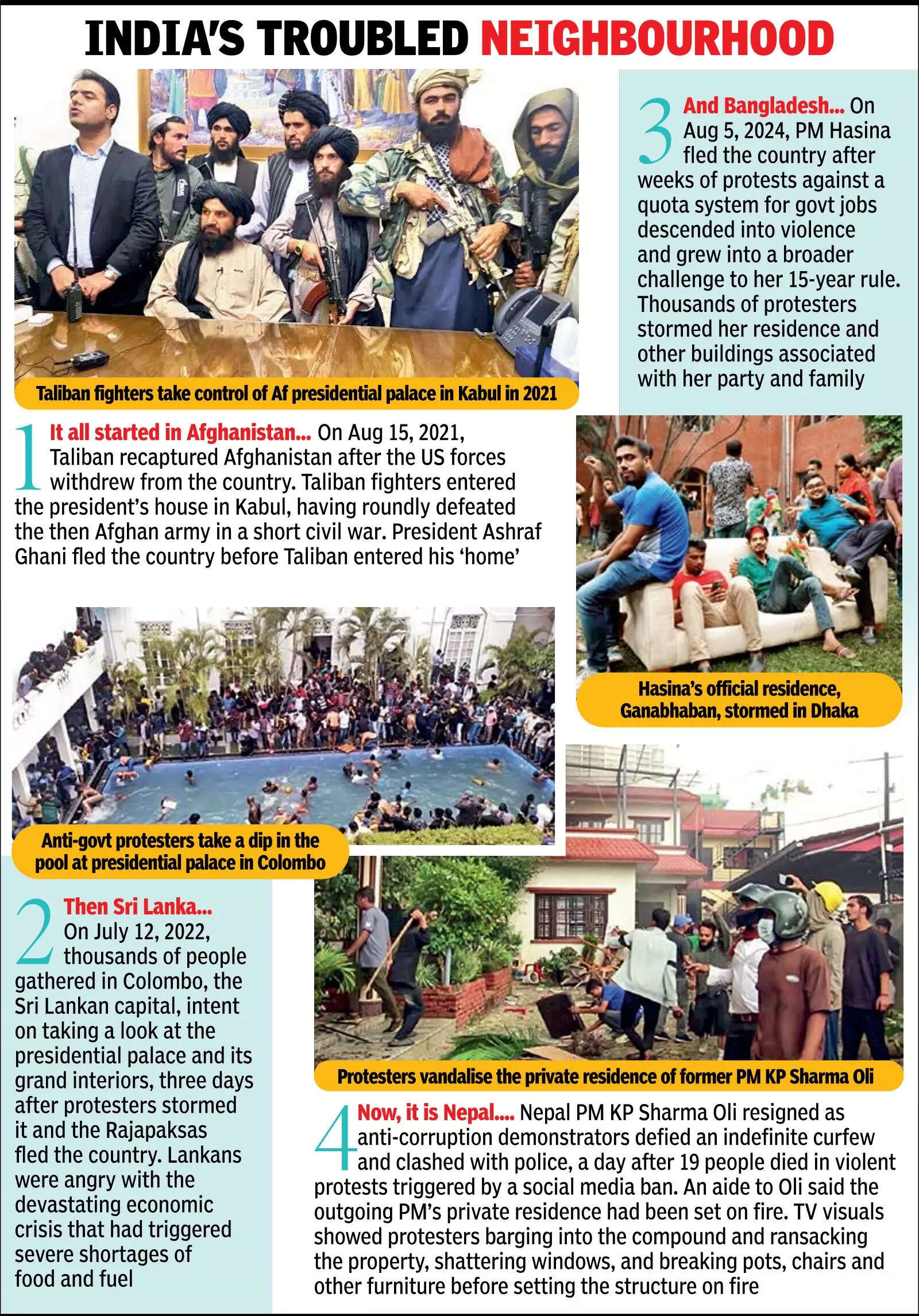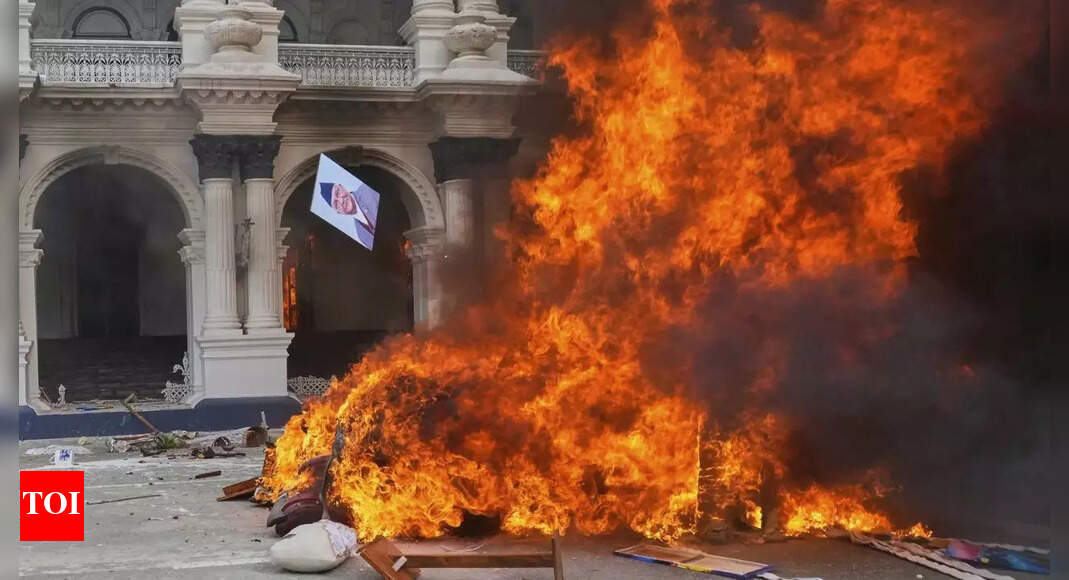At about 7.15am on September 6, hours after Nepal’s ban on 26 social media platforms got here into pressure, an legitimate jeep sporting Koshi province minister Ram Bahadur Magar struck 11-year-old Usha Magar Sunuwar outdoor Harisiddhi Secondary Faculty in Lalitpur. CCTV photos confirmed her flung onto the roadside because the car drove away. She survived with accidents, however the symbol of a kid deserted through a government convoy ricocheted throughout telephones and spark off a wave of shock.What may have remained an remoted coincidence temporarily changed into a lightning rod for deeper discontent. Ok P Sharma Oli, the now ousted PM, described the incident as a “standard coincidence” and promised simplest to hide her clinical bills. For lots of Nepalis, the “callous and entitled” statement epitomised a political tradition of impunity. “The apathy published in that second eroded what little consider remained,” mentioned Yog Raj Lamichhane, assistant professor at Pokhara College. “If a minister’s car can hit a schoolgirl and the PM calls it standard, what message does that ship to the remainder of us?”In Kathmandu’s schools and tea stalls, the outrage was once instant. Mira Thapa, a 20-year-old sociology pupil at Tribhuvan College, mentioned the photos of Usha being left at the roadside modified the tone of conversations in a single day. “They did not simply push aside a kid’s ache,” she mentioned. “They confirmed us that we do not topic. We have been already indignant about corruption, nepotism and no jobs. This was once the spark.”

To make sure, for months frustration have been development. Nepal’s early life face one of the crucial very best unemployment charges in South Asia. In 2024, the jobless fee amongst the ones elderly 15-24 stood at 20.8%, in line with the International Financial institution. With few alternatives at house, loads of hundreds migrate each and every 12 months to the Gulf and Malaysia, whilst those that stay are faced with emerging inflation, stalled infrastructure, and a political order that looks an increasing number of detached to their struggles. Greater than a 3rd of Nepal’s GDP – 33.1% – now comes from private remittances. “If we will be able to make our nation higher, our early life can keep right here,” mentioned Muna Shreshta, 20, protesting outdoor the parliament.The grievances went a ways past one incident. Corruption scandals have dogged successive govts, whilst ministries and embassies stay stacked with political households. “All over you glance, it is sons, daughters, nephews of politicians filling posts,” mentioned Sushil Pyakurel, former commissioner of the Nationwide Human Rights Fee. “Extraordinary electorate are left scrambling for crumbs.” For lots of, it felt as regardless that alternative itself have been captured through a slender elite. Srijana Limbu, 24, who runs a small design studio, mentioned, “My pals name it comfortable exile. Both you allow the rustic otherwise you reside right here with out a dignity. We are trained, attached and neglected.”A number of the loudest criticisms was once the upward push of so-called “nepo youngsters” – kids of robust political figures flaunting luxurious life on-line. “Nepo youngsters blow their own horns their way of life on Instagram and TikTok, however by no means give an explanation for the place the cash comes from,” mentioned one protester, echoing a development that had already won momentum ahead of the blackout. Analysts noticed the protests as inevitable. “The social media ban added gas to grievances rooted in a long time of overlook,” mentioned Lamichhane. “Younger individuals are now not prepared to attend. They would like exchange now.” The mantra “Oli chor, desh chhod” – Oli thief, depart the rustic – unfold via Kathmandu’s streets, changing into each anthem and accusation. Bibek Adhikari, a historical past graduate, mentioned, “We have been raised on tales of democracy, however we are living inside of a monarchy of ministers. One surname can open each door.”Nepali Congress chief and previous international minister NP Saud stated the disappointment however referred to as for due procedure. “Sure, corruption and nepotism are actual problems,” he mentioned. “However they will have to be resolved via felony approach and charter.” However for protesters like Rachana Sapkota, 35, the problem went a ways past legality. “My humanity did not permit me to stick at house after seeing what took place the previous day. We would like justice for individuals who died.”

